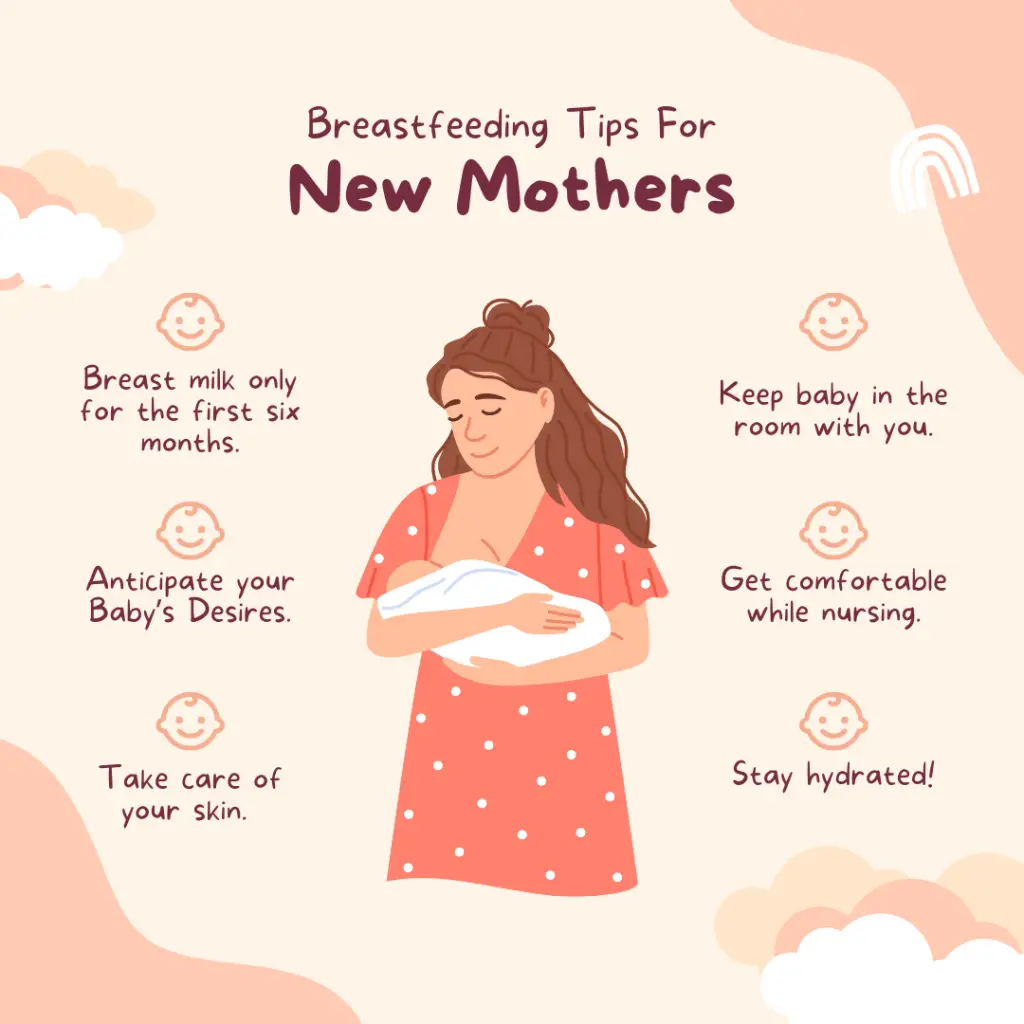In the bustling world of new motherhood, the quest for mental clarity and improved cognitive function is common. Enter nootropics – substances known for their brain-boosting capabilities.
Yet, when it comes to nootropics and breastfeeding, important questions arise. How do they affect a nursing mother and her infant?
Are they safe to use during this special time? In this article, we delve into these questions, providing a comprehensive guide for the curious yet cautious mother.

Understanding Nootropics
Nootropics, often termed “smart drugs,” include a range of substances, both natural and synthetic, designed to improve mental performance.
They are celebrated for their potential to enhance memory, creativity, and motivation. Some common examples include caffeine, L-Theanine, Bacopa Monnieri, and Modafinil.
However, while the use of nootropics can be beneficial for some, it is crucial to consider their safety during pregnancy and breastfeeding.
The potential effects of nootropics on infants through breast milk are largely understudied, making it important to tread carefully in this territory.
Related Articles
Nootropics and Postpartum Mental Health

Nootropics and Breastfeeding: A Sensitive Topic
The lactation period is a sensitive time for both mother and child, primarily because substances consumed by the mother can be passed to the baby through breast milk.
Thus, the safety and wellbeing of the infant become a priority when considering any supplemental regimen.
When it comes to nootropics, many are not recommended for use during breastfeeding due to a lack of research regarding their safety.
For instance, synthetic nootropics like Modafinil are generally advised against because they have not been sufficiently studied in breastfeeding women.
Natural nootropics, on the other hand, may be considered safer, but they still need to be used with caution. Some natural compounds, like caffeine, are recognized as generally safe in moderation.
However, high doses can cause restlessness and irritability in both mother and infant.
Nutrition: A Natural Approach to Nootropics
While the potential risks of nootropics during breastfeeding may seem daunting, new mothers should not feel disheartened.
There are many natural ways to enhance cognitive function without resorting to supplements. Nutritious food can play a significant role in this regard.
Omega-3 fatty acids, found in fatty fish, chia seeds, and walnuts, are essential for brain health and cognitive function.
Similarly, foods rich in iron, such as lentils, spinach, and red meat, can combat fatigue and support concentration.
B-vitamins, especially B6, B9, and B12, also play a vital role in brain health and can be found in foods like eggs, avocados, and bananas.

Seeking Professional Advice in Breastfeeding
In the journey of breastfeeding, every mother’s body and circumstances are unique. What works for one may not work for another, and what’s safe for one might not be for another.
Consequently, it’s always a good idea to seek professional advice before introducing new supplements, including nootropics, into your diet while breastfeeding.
Your healthcare provider can guide you based on your health history and current conditions. They can help assess the safety of different nootropics and provide alternatives if necessary.
Remember, while the pursuit of enhanced cognitive function is understandable, the health and safety of you and your baby are of paramount importance.
Conclusion
Navigating the world of nootropics and breastfeeding can be a daunting task, especially when the wellbeing of your infant is on the line.
While some nootropics may offer cognitive benefits, the lack of research on their effects during breastfeeding requires caution. However, with the right nutritional strategy and professional advice
A Nurse’s Perspective on Nootropics and Breastfeeding
Navigating the world of nootropics during breastfeeding can be challenging. With the limited amount of research available on the effects of these substances on nursing infants, many healthcare professionals advise caution.
As a nurse, I have witnessed firsthand the importance of safeguarding the wellbeing of both mother and child during breastfeeding.
For this reason, the only nootropic I would personally recommend during this delicate period is Omega-3 fatty acids.
Why Omega-3 Fatty Acids?
Omega-3 fatty acids, primarily found in fatty fish like salmon, mackerel, and sardines, as well as in flaxseeds, chia seeds, and walnuts, are essential nutrients.
They are known for their extensive health benefits, which range from supporting heart health to promoting optimal brain function.
During breastfeeding, Omega-3s become even more critical. They not only support the mother’s cognitive function, but also play a vital role in the baby’s brain development. The human brain grows at an astonishing rate during the first years of life, and Omega-3s contribute to this growth process.
Safety First
The appeal of Omega-3 fatty acids as a nootropic during breastfeeding lies in their safety profile. Unlike many other nootropics, the consumption of Omega-3s, particularly from dietary sources, is considered safe for both the mother and the nursing infant. However, it is crucial to ensure that the source of Omega-3s, especially if it’s fish, is free of contaminants like mercury that could potentially harm the infant.
Natural Over Synthetic
One aspect of Omega-3s that makes them an excellent choice is their natural occurrence. This aspect contrasts with synthetic nootropics, which often lack comprehensive research about their safety during breastfeeding. Natural nootropics, like Omega-3s, offer a way to boost cognitive function without the potential risks associated with synthetic compounds.
The Role of Healthcare Providers
Though Omega-3 fatty acids are generally safe, it’s essential to discuss your dietary and supplemental regimen with a healthcare provider.
Every individual’s body is different, and unique needs should be taken into account. Your healthcare provider can provide tailored advice and ensure you are getting the right amounts of these essential fatty acids for you and your baby’s health.
Closing Thoughts
In the quest for mental clarity and improved cognitive function during breastfeeding, it’s crucial to prioritize safety and well-being above all else. From a nurse’s perspective, Omega-3 fatty acids present an effective, natural, and safe nootropic choice.
Not only do they support the mother’s cognitive health, but they also aid in the infant’s brain development.
Always remember, though, that professional advice is invaluable when considering any dietary or supplemental changes during this special time.

